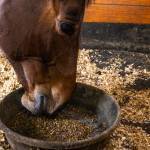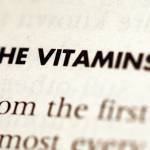Nutrition
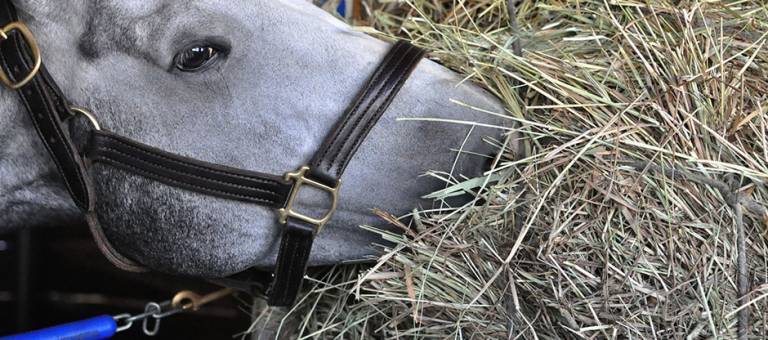
February 09, 2012
Maintaining a Healthy Equine Digestive Tract: Stomach
Because of the limited capacity of the stomach, it is recommended not to offer more than 5 lb (2.25

February 07, 2012
Function and Health of the Horse’s Cecum and Large Intestine
The horse’s digestive system is made up of several organs, each of which provides an important function in digesting
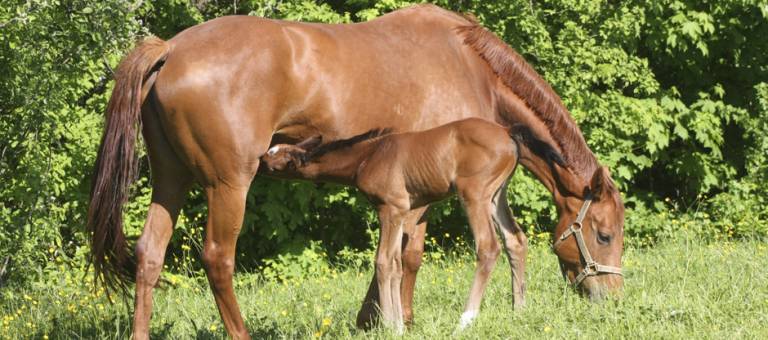
February 06, 2012
Colostrum Is Vital for Newborn Foals
Colostrum is the thick yellowish fluid produced by mares before their true milk is produced. Literally the difference between
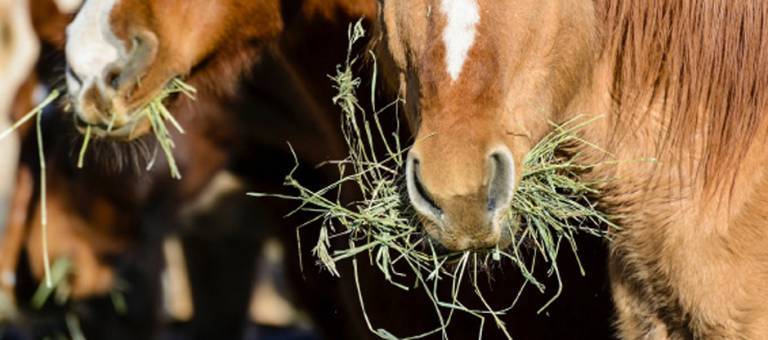
February 03, 2012
Soaking Hay: How Effective Is it at Lowering Carbohydrates?
If your horse has a metabolic condition that puts him at risk for laminitis if he consumes too much
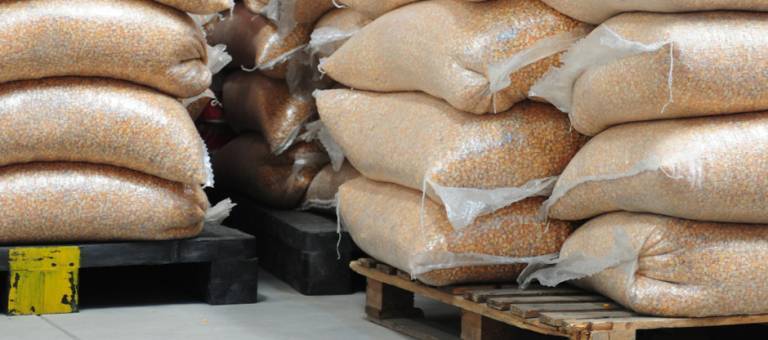
February 02, 2012
Glycemic Index Among Horse Feeds
You’ve probably heard the term “glycemic index” at some point. This buzz-phrase has been circulating among informed horse owners
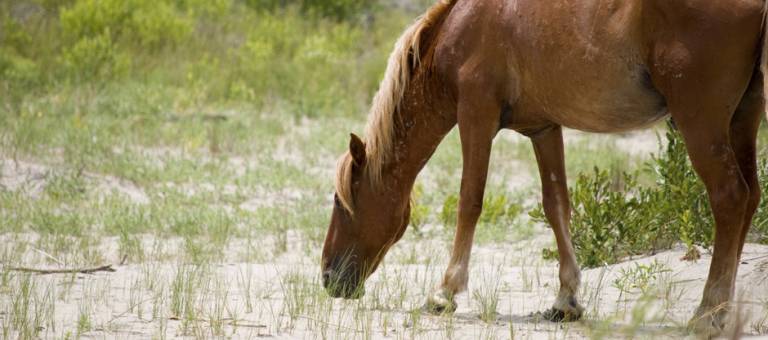
January 31, 2012
Psyllium and Probiotics Combination for Prevention of Sand Colic
Consumption of sand by horses causes chronic diarrhea, weight loss, and colic. Sand enters the digestive tract when horses
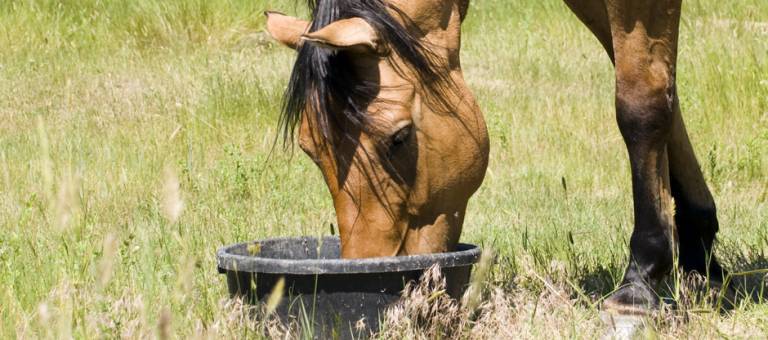
January 30, 2012
Maintaining a Healthy Equine Digestive Tract: Mouth and Esophagus
Many of man’s management practices have taken the horse far from the way he evolved. Therefore, a good understanding

January 27, 2012
Assessing the Malnourished Horse
When a malnourished horse is presented for nutritional rehabilitation, the person who is caring for the horse should make

January 25, 2012
From the Sales Ring to the Training Track: Feeding During the Transition
A recent study by Kentucky Equine Research reported significant decreases in bone mineral density during the first two months
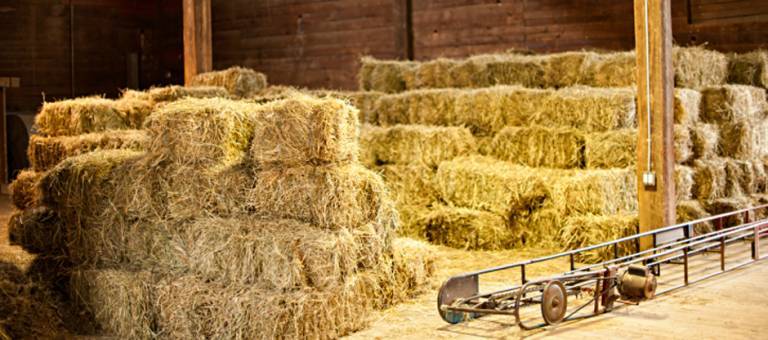
January 23, 2012
Beyond Hay: Chaff and Haylage for Horses
Chaff adds bulk to a diet without providing too many calories, and keeps the stabled horse busy eating.





